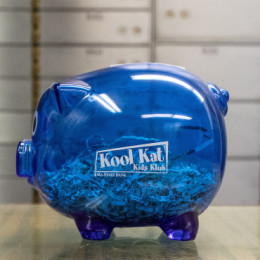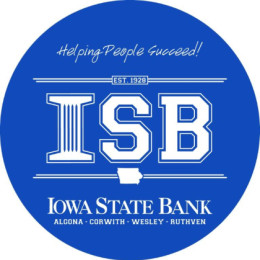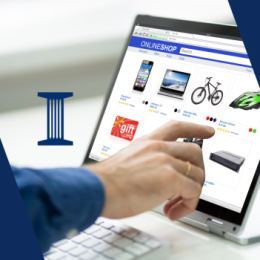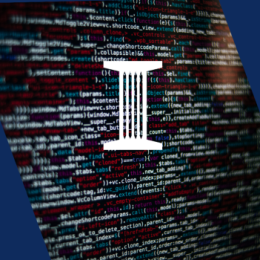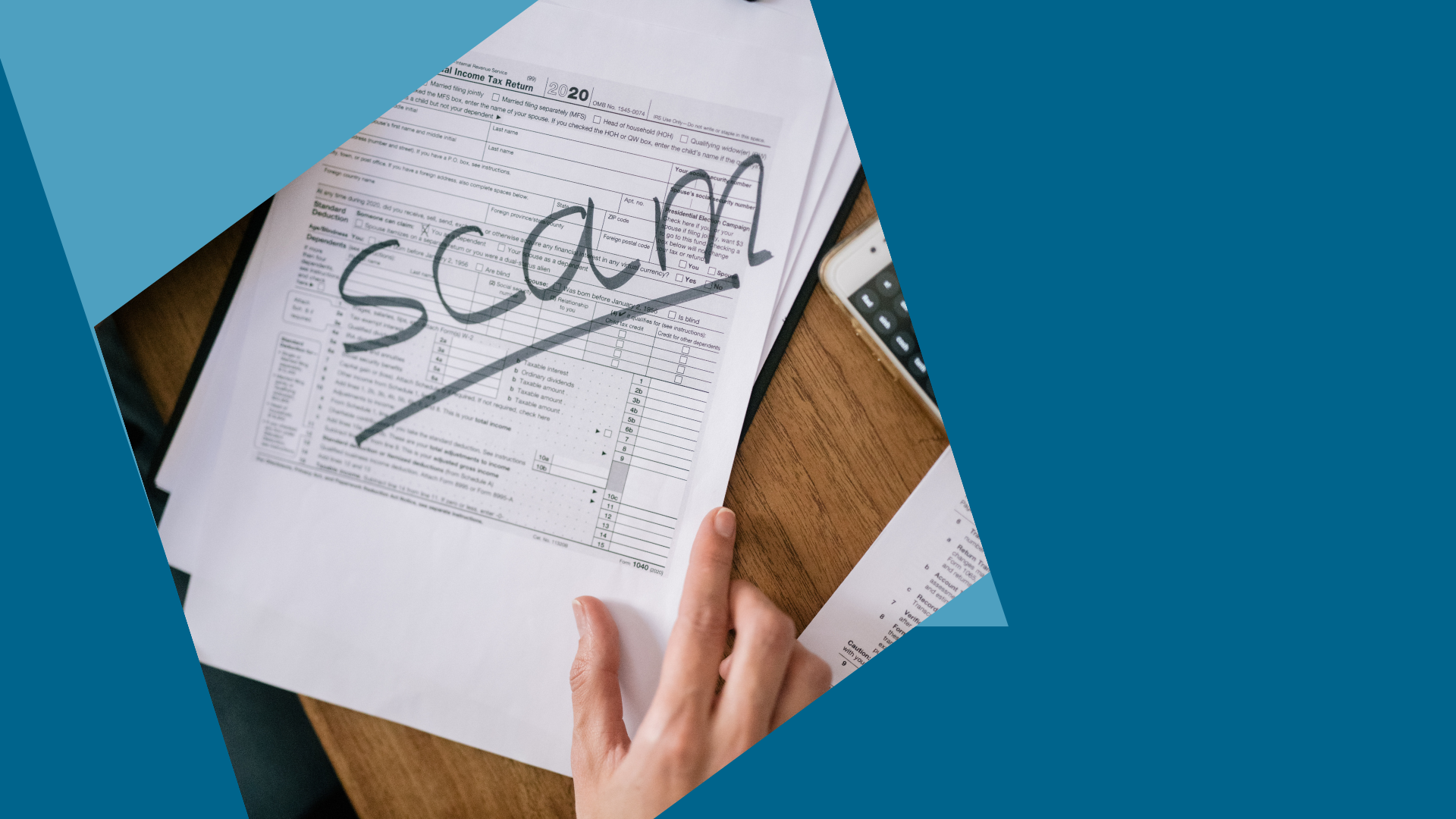
With tax preparations underway, now is the time to be vigilant about protecting personal information and tax refunds from fraud. Tax-related identity theft and scams are on the rise, and criminals are becoming increasingly sophisticated in their efforts to steal personal data and money. Consider these tips to help ensure your personal information is secure this tax season:
Beware of phone scams & spoofing
Scammers often use spoofing and robocalls to impersonate the IRS, making it seem like they're contacting you about your taxes. If you receive a call from someone claiming to be the IRS, ask for a reference number, then hang up and call the IRS directly using an official phone number found on the IRS website to confirm whether the call was legitimate.
Watch out for smishing and phishing attempts
Be on the lookout for smishing (SMS phishing) scams, where fraudsters send text messages with "urgent" links that may lead to malicious websites designed to steal your personal information. Similarly, phishing emails impersonating the IRS often come with aggressive subject lines demanding immediate payment. Always check the sender's email address -- if it doesn't end in ".gov," it's likely a scam.
Look out for misleading tax advice on social media
With the rise of social media, scammers have found a new avenue to spread misinformation, including offering fraudulent tax advice or fake tax refund promises. The IRS continues to see a variety of filing season hashtags and social media discussions that mislead taxpayers with inaccurate and potentially fraudulent information.
File your tax return early
To reduce the risk of identity theft, consider filing your tax return as early as possible. Criminals often file false returns using stolen personal information, so filing sooner gives you a better chance of detecting fraud early and protecting your tax refund.
Use strong, unique passwords
When filing taxes online, ensure that you're using strong, unique passwords for all accounts related to tax preparation. Enable two-factor authentication (2FA) when available and avoid using public Wi-Fi to submit sensitive information.
Monitor your financial accounts & credit reports
After filing, be sure to keep an eye on your bank accounts and credit reports. If you notice any suspicious activity, report it immediately to your bank and the IRS. You can also check your credit report for free once a year at www.annnualcreditreport.com to monitor for any unauthorized accounts.
This information is provided by Iowa State Bank in partnership with the Iowa Bankers Association.
Business Fraud Business Tips Consumer Tips Cybersecurity Fraud Prevention General
February 4, 2025 by Iowa State Bank
